All through grad school, my running joke was that "Teen Talk" Barbie did nothing wrong. Math class IS tough. 😭
elavat0r
Depends how many holes you have in your socks. :)
Or whether your coffee cup has a handle.
Aptly named!
That's encouraging. Hopefully they'll give it up. It's ridiculous that anyone pursued this in the first place.
You got it! You're welcome, I am still learning a lot myself. 😄
Edit: I may be a little confused about what you mean when you say narrower aperture. When you focus stack, you will be using a relatively wide(r) aperture, if you are not, you will need a somewhat narrow(er) aperture to get sharper focus.
Focus stacking is usually done in post. The option in your camera will most likely just take a series of photos with the focal point changing slightly every time, and you can stitch those together later. Photoshop will do it automatically, or you can do it yourself with masking on different layers.
There are some cameras that will do the stitching for you. I know the OM-1 (the camera I generally use) does this, and probably other models. I tend not to use it though since it saves the end result as a jpg and I prefer to process my own images from RAW.
I am in the same boat, not a pro, so my explanation may not be the best:
It's more to do with the fact that when you are taking macro shots you are generally very close to your subject, and unless it is a very thin object on a single plane parallel to your lens, you often really have to stop down to get the entire subject in focus (like f/8 - f/11). If you are shooting at f/2.8 you might only get a single petal on your flower in focus.
So if you see a shot of a small object with some depth to it, which is entirely in sharp focus, but then you have a super creamy bokeh on objects that are only a couple inches further away, there is a good chance that it was achieved using a wider aperture and stacking the in-focus bits of several shots. That's what I look for, anyway.
Hope that helps. B&H has good articles on DOF in macro photography and focus stacking that explain it better than I can!
When you have a really shallow depth of field on a macro shot, yet your entire foreground subject is tack sharp, it is often achieved by focus stacking. Otherwise, it can be quite difficult to blow out the background while having your entire subject in focus (even though it is quite small). I have done it with flowers before, so I think I am just used to the look. It has a sort of isolated, dreamy quality.
It is also great to take makeup off or products that build up (like sunscreen).
I've seen hairspray used on a clear filter to create a similar bloom effect!
Only if it contains no complex entries.
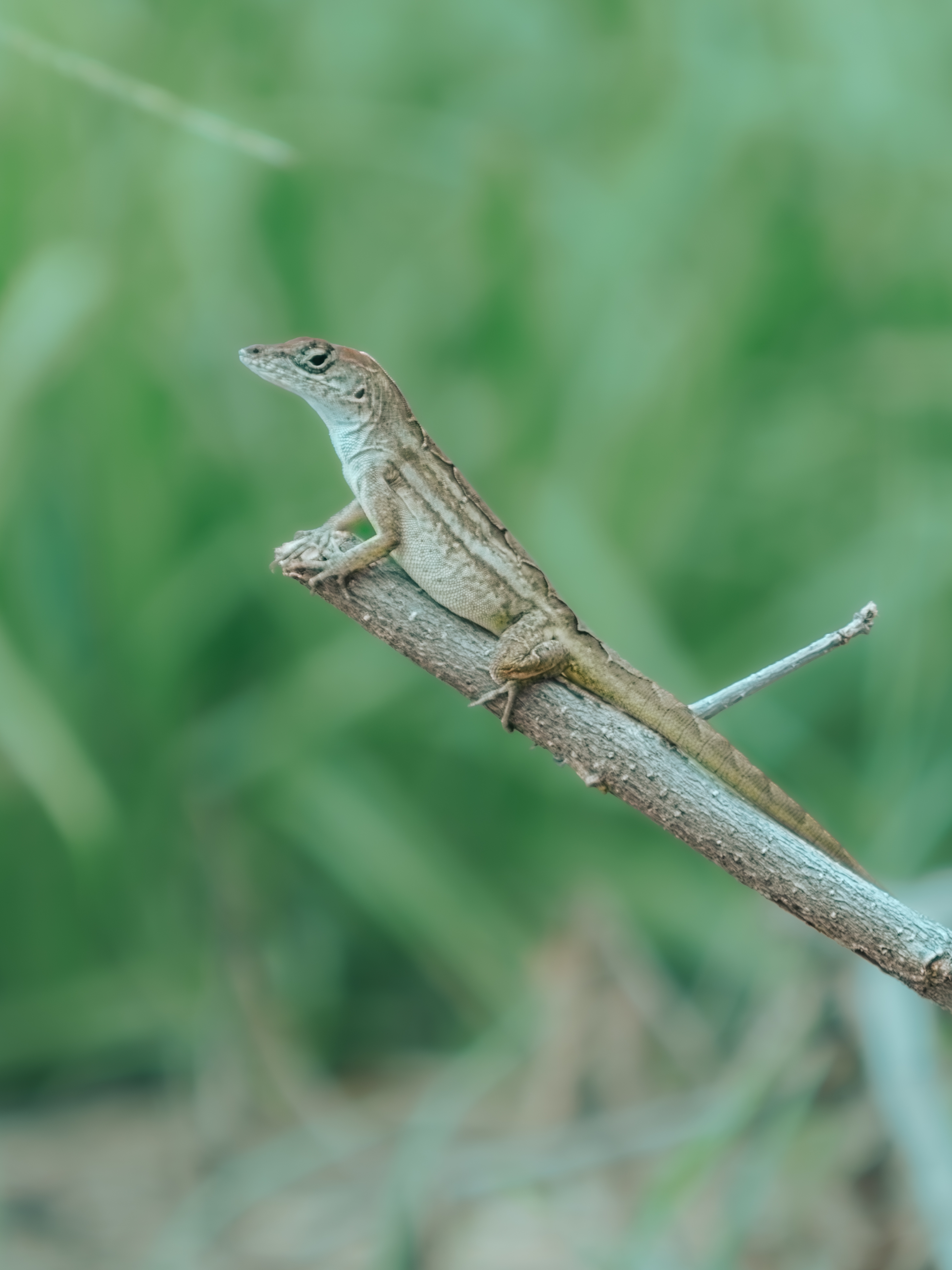
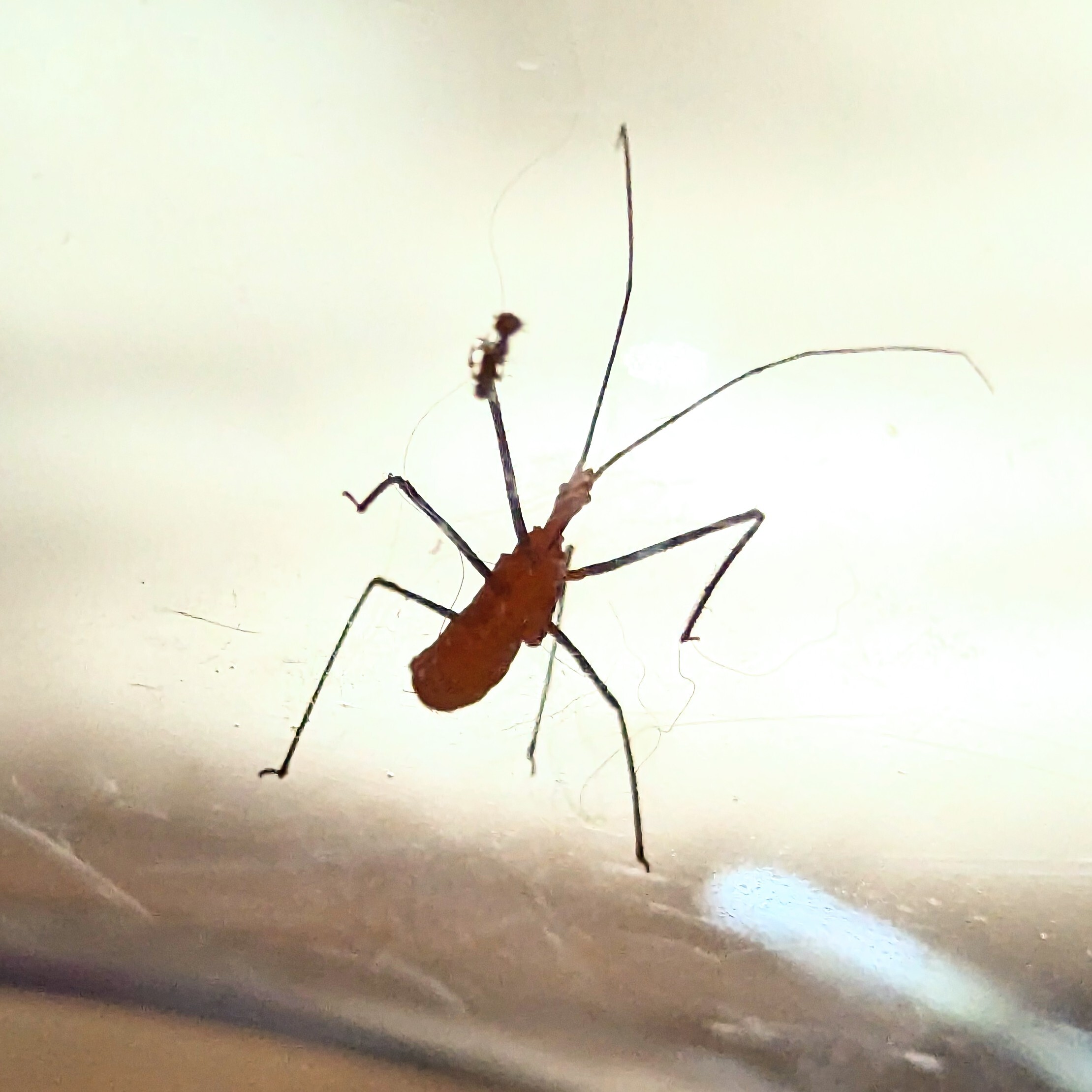
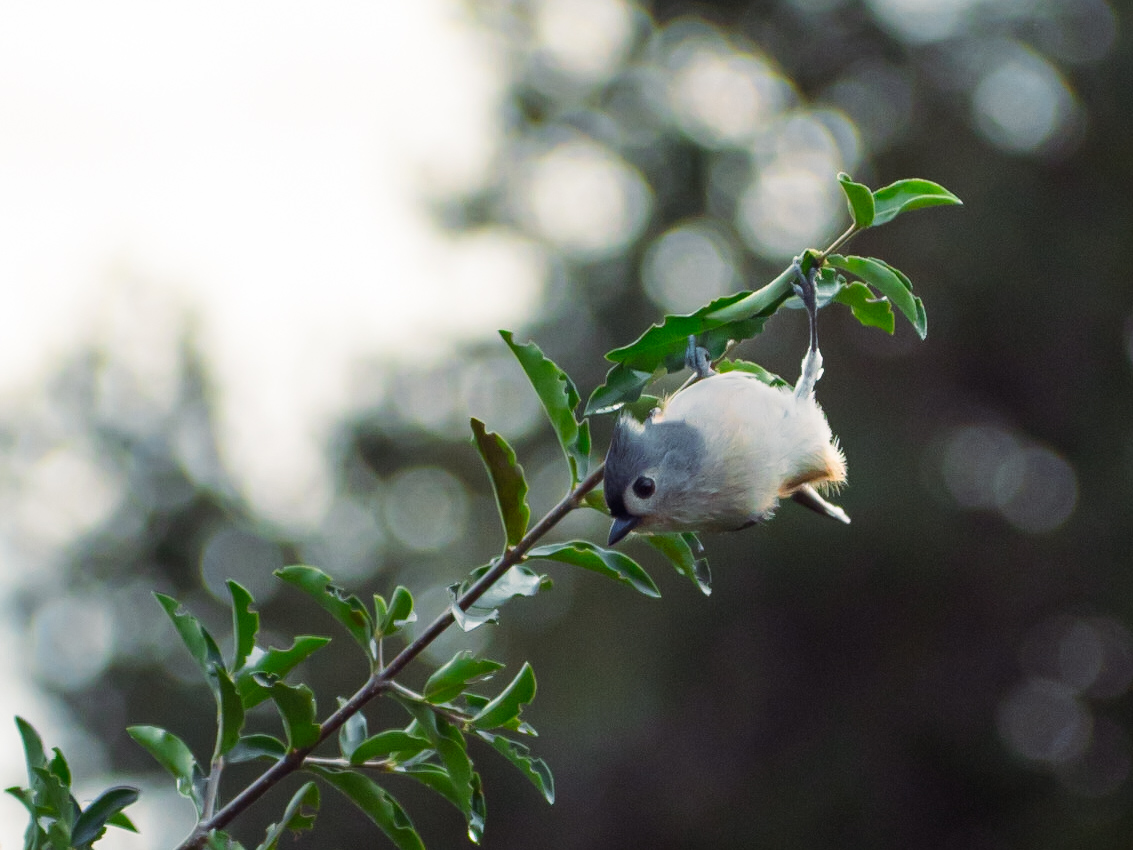
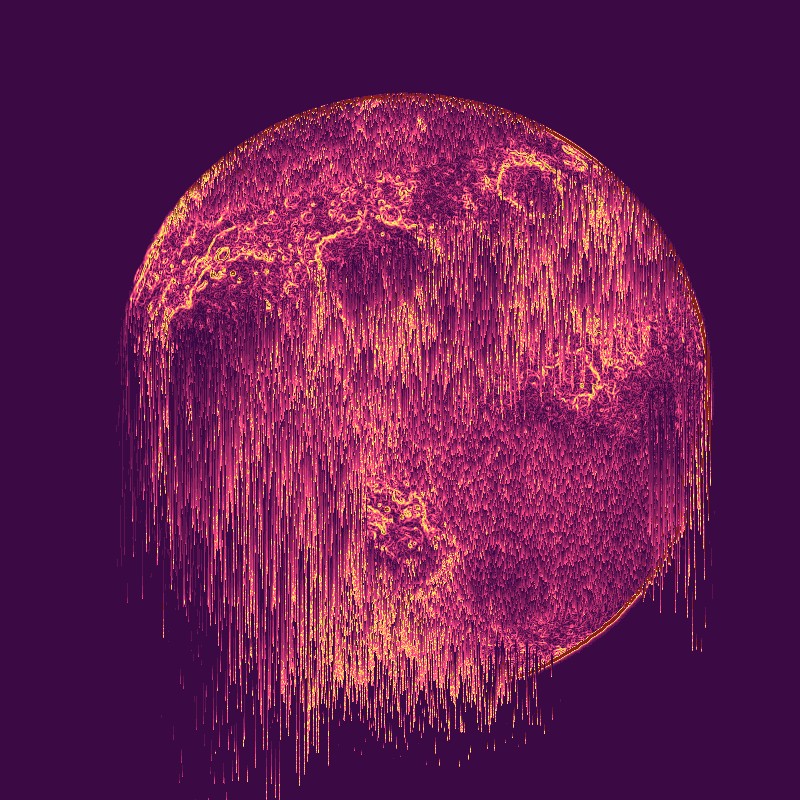
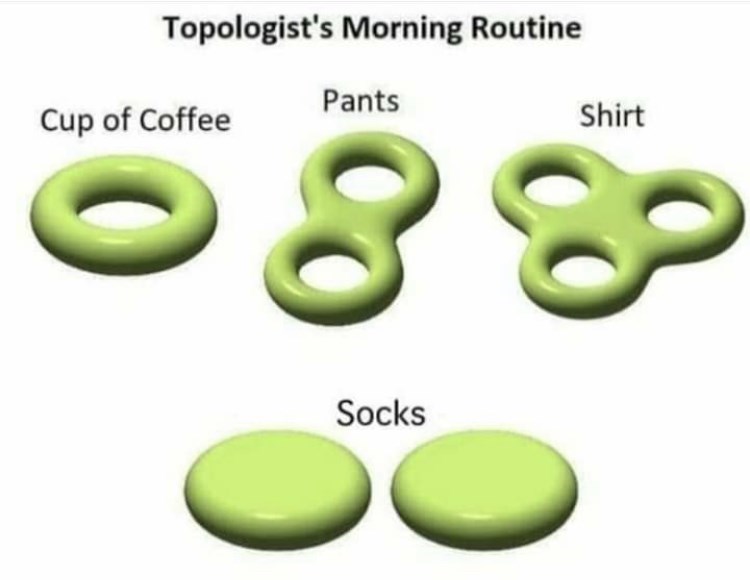
I have tried something like that before and absolutely hated it. But for your sake, I hope it catches on.